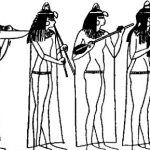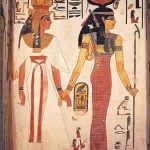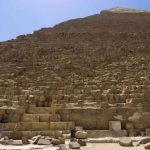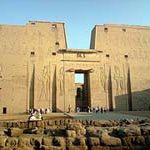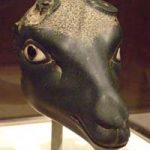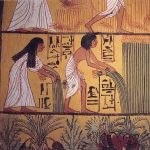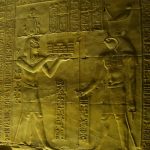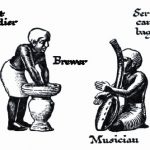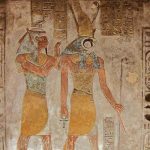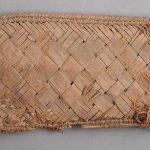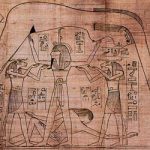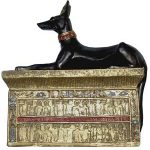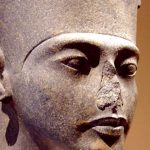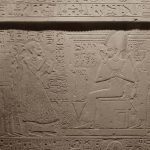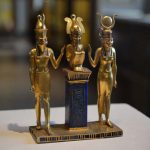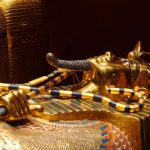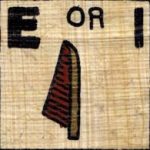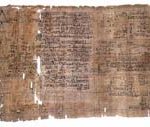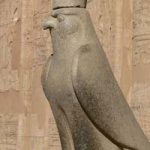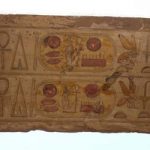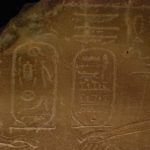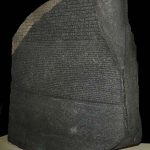Egyptology Definition
Ancient Egyptian civilization has a history going back to around 3,000 BC. Egyptology is the study of this history in regards to the language, religion, art, literature and architecture up until about 400 A.D. which marked the end of hieroglyphic writing. An Egyptologist is anyone who practices or studies Egyptian antiquities.
History of Egyptology
Because ancient Egyptian history goes back thousands of years, the first Egyptologists were actually the ancient Egyptians themselves. Thutmose IV, who reigned during the 18th Dynasty in the 14th century B.C., is considered to be one of the first Egyptologists. When he ruled, the Egyptian civilization was already two millennia old, and he restored the Sphinx which at the time was already around 1,000 years old.
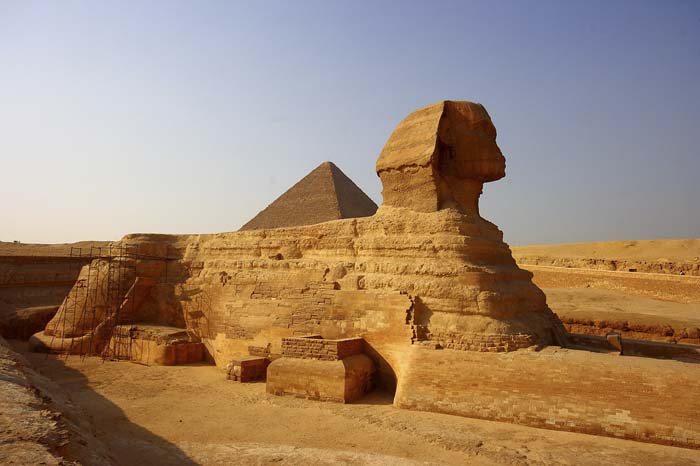 © Dominik Dome – The Sphinx at Giza
© Dominik Dome – The Sphinx at Giza
Prince Khaemweset, the fourth son of Ramses II, is also considered to be one of the very first Egyptologists. He lived during the 13th century B.C. and he is best known for restoring historic buildings, temples and tombs.
The first historical accounts of Egypt came from the ancient Greeks including Strabo, Herodotus and Diodorus Sciulus. Manetho, an Egyptian priest and historian who lived during the 3rd century B.C., wrote the Aegyptiaca, “History of Egypt.” The Ptolemies are also credited with restoring many monuments including the pyramids.
Modern Egyptian history begins with Napoleon Bonaparte’s conquest over Egypt around 1800. This event sparked considerable European interest in the study of Egyptian antiquities.
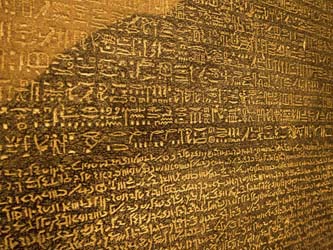 © Thomas Quine – Detail of the Rosetta Stone
© Thomas Quine – Detail of the Rosetta Stone



